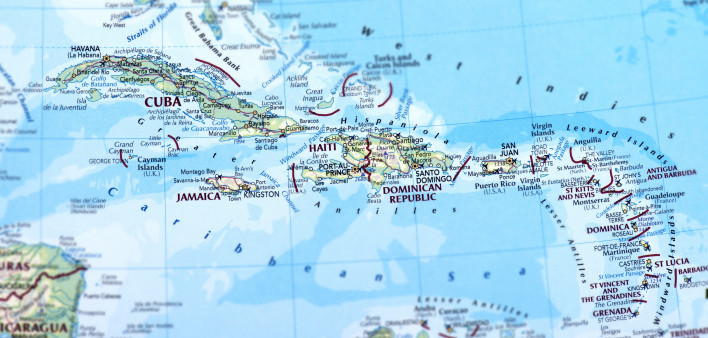Thursday, June 8, marks the annual National Caribbean-American HIV/AIDS Awareness Day (NCAHAAD).
Created to provide Caribbean-Americans with HIV-related resources, education testing and opportunities for involvement, NCAHAAD aims to “beat the odds and to ensure that we cultivate a health-conscious atmosphere within our communities,” according to its website.
NCAHAAD is organized by several national groups in partnership with the Centers for Disease Control and Prevention.
The NCAHAAD website states, “The goal of this partnership is to mobilize communities and address specific issues in regards to local epidemics, health disparities and best practices that are science based and will influence the course of HIV in Caribbean-American communities across our nation.”
The Caribbean region has the second highest HIV prevalence in the world, only after sub-Saharan Africa, according to the United States Agency for International Development (USAID), which provides humanitarian assistance across the globe.
Stigma and discrimination in the Caribbean are pervasive, notes USAID, and severely limit access to critical lifesaving services and drugs. “This lack of access increases the risk of both acquiring HIV and transmitting it to one’s sexual partner(s).”
Because of the high rate of migration from the Caribbean to the United States, treatment and care services need to be made available to this population.
NCAHAAD—which is made more significant by the fact that it takes place on the eighth day of Caribbean-American Heritage Month—ultimately hopes to encourage members of the community to get educated, tested, treated and involved. The day also allows time to memorialize those lost to HIV/AIDS and to show compassion to those living with the virus.
According to the NCAHAAD website, “[NCAHAAD] is a day of hope for the future of a Caribbean and Caribbean-American community with available preventive health care as a daily part of life and a Caribbean diaspora free of AIDS.”







Comments
Comments